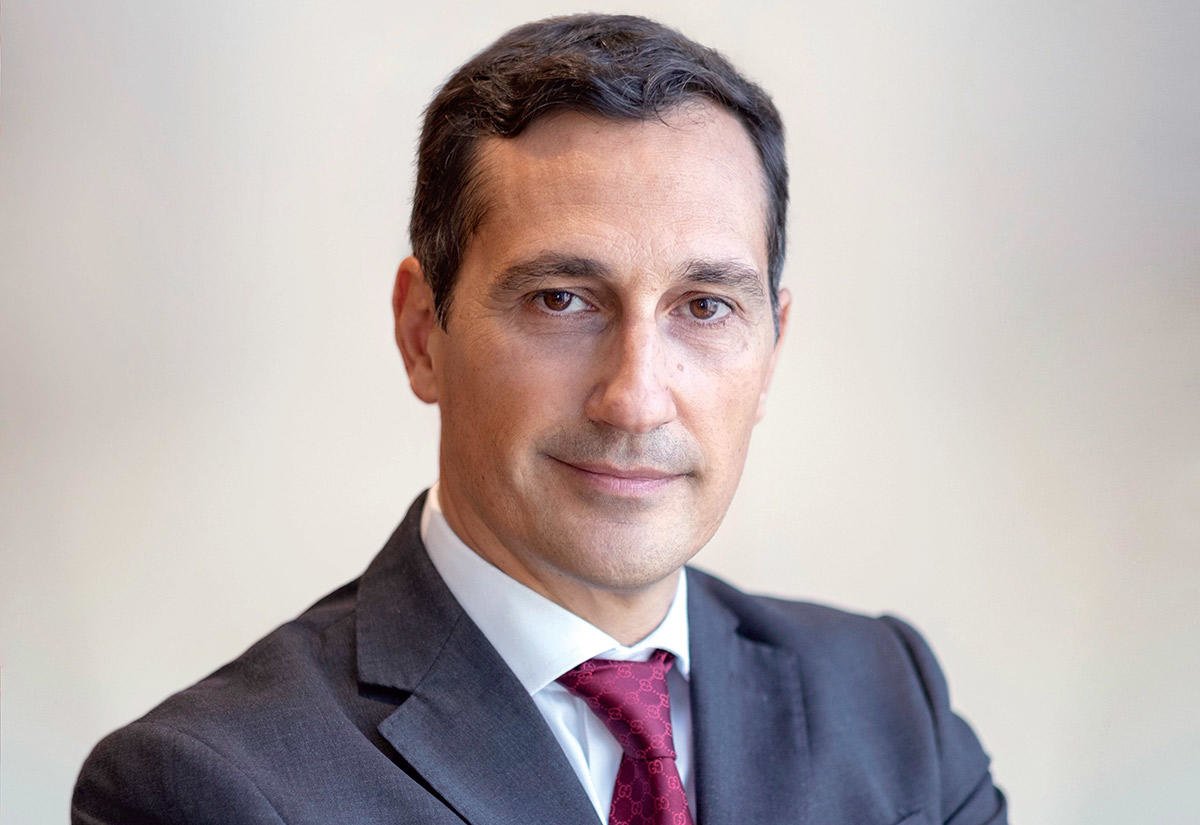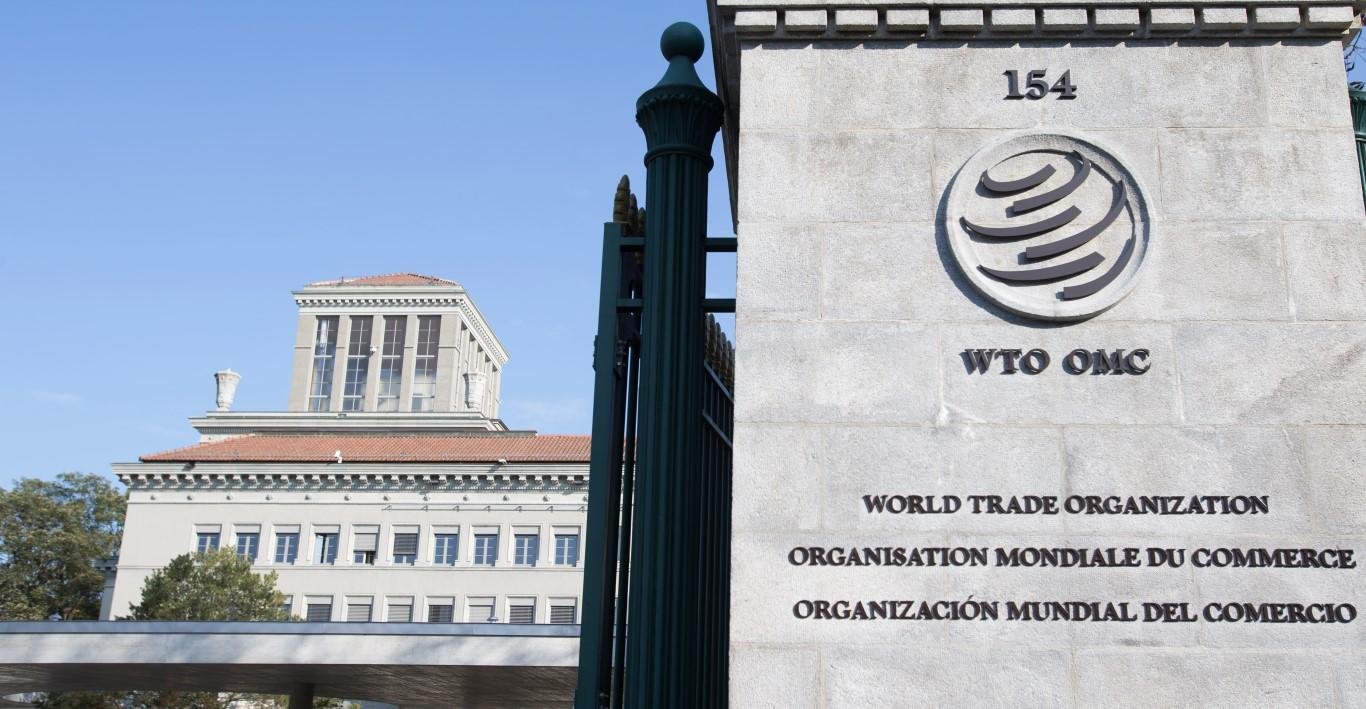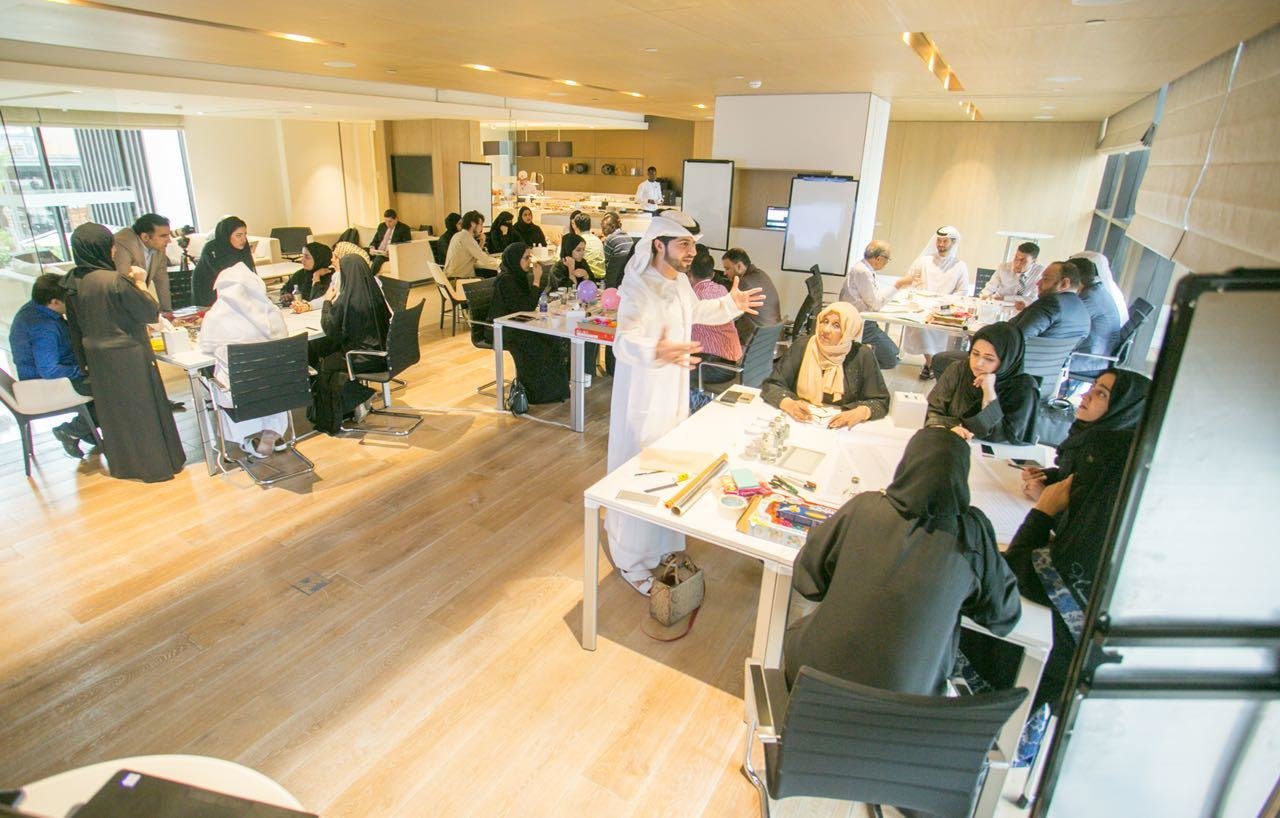
Inside the company keeping the wheels of UAE trade turning
Global economy and trade are under immense stress as they battle with the consequences of the coronavirus pandemic.
Massimo Falcioni, the CEO of Etihad Credit Insurance (ECI), the UAE Federal export credit company, tells Arabian Business how the UAE has been supporting businesses, and specifically SMEs, to trade in these difficult times.
ECI’s role, said Falcioni, is to support UAE exporters and businesses by providing protection against commercial and political risks and easing companies’ access to funding.
Given all the challenges UAE’s businesses have been dealing with this year, ECI is filling a valuable gap, he added.

AB: How has coronavirus impacted global and regional trade this year?
MF: We are facing unprecedented times in the economy. The last estimate from the International Monetary Fund (IMF), which was in August, indicated that the global economy is expected to contract by 4.9 percent. This estimate was before what is happening now with the second wave of coronavirus cases in many countries.
Furthermore, the IMF foresaw an 8 percent decline in GDP in developed countries so it is a big hit in the economy. This is immediately mirrored in an impact on global trade. In fact, the estimation for 2020 from the World Trade Organization (WTO) is that the global volume of trade might contract by 18.5 percent in the best-case scenario. In the worst-case scenario, if in winter there is another global lockdown, we go up to 32 percent of contraction of global trade.

AB: Was the UAE’s trade experience in line with these results?
MF: Of course, we contracted and of course, our exporters were impacted by the reduction on demand. I would say this was not only because of Covid 19 but also because of other elements which were already in the economy before the pandemic.
AB: Can you list a few examples?
MF: There were trade tensions between two major economies, the US and China, which impacted the global economy. We saw also a fluctuation of currency especially since some neighbouring countries, such as Turkey or India, experienced huge currency volatility against the dollar. We had also assisted previously in some fiscal consolidation of a few neighbouring countries and some countries abroad. Last but not least there were some geopolitical tensions in Greece, central Europe, and Asia and there was Brexit as well.
AB: How did the UAE, through Etihad Credit Insurance, support trade in this difficult scenario?
MF: Our main goal was to generate confidence since such situations tend to create a lack of confidence in global trade.
What we started to do as the federal credit agency of the UAE is we created guarantees to support sellers in selling in open credit terms: not on a cash basis, not on a letter of credit but through our guarantees. This creates trust with buyers. In case non-payment occurred, we would support the exporter. Secondly, we started to work with banks. Almost 90 percent of global trade is financed so trade finance is a very important leverage to have for successful exporters.
AB: Can you further elaborate on the importance of trade finance?
MF: Having a good product or service is just half of the story: companies need to have proper insurance and financial support to succeed globally.
So we started connecting with the banks and providing ourselves as a guarantee for them to trade finance. The WTO and the International Chamber of Commerce estimated the global trade finance gap to be between 2 trillion and up to 5 trillion dollars. This could create a problem during the post-Covid recovery period because without that finance, the economy will not accelerate and trading will not be there.
This is where we in the UAE tried to fill the gap by providing guarantees for the banks. The guarantee set means they can fund exporters and we guarantee the banks will be repaid in case something does not go as expected.
AB: How many guarantees have you issued this year and in what sectors?
MF: As of today, we have issued more than 1,600 revolving credit guarantees to exporters, since early 2020. 40 percent of the companies we are supporting are SMEs. Our main focus is actually on SMEs. 40 percent are large private exporters in sectors like cables, petrochemicals, food, mechanics or healthcare such as GE Healthcare or Petrochem. The remaining 20 percent are government companies such as RAK Ceramics.

AB: How has your experience working with SMEs been?
MF: It’s not easy. The first thing we did was to develop partnerships with associations that would help us educate SMEs. For example, we partnered with the Chambers of Commerce in Abu Dhabi, Dubai, Ras Al Khaimah and Fujairah as well as with Dubai Export to create workshops and webinars for SMEs on how to be competitive in the global environment.
The major issue is a lack of education in the sense that typically SMEs are small and usually the founder is also the CFO, the credit manager, the risk manager... is everything. They are very passionate and good in the activity they do but sometimes they lack expertise in the financial instrument part. We fill this gap.
Also, they think it is difficult for them to access bank funding and that we would not be interested in supporting them which is not the case.
They think they don’t need credit insurance but the reality is that for them to be competitive in trade, they need to be able to extend credit and not ask their customers to pay through cash or letter of credit. To do that, you need to have the proper information and you need a lot of expertise so we provide these gaps.
AB: How has the response from SMEs been?
MF: The response from SMEs is there but, to be honest, it should be bigger. Despite us doing a good job and launching a product online specifically for SMEs last year, only a few SMEs are approaching us. We will, however, continue to do our promotions tirelessly through the support of our partners.











